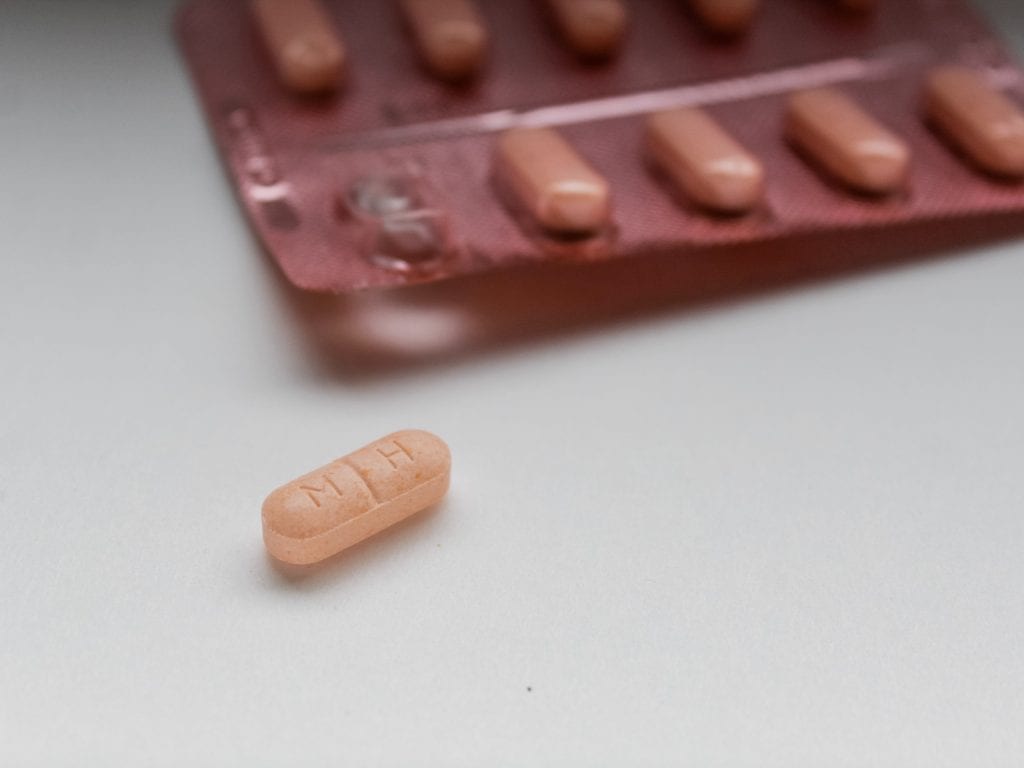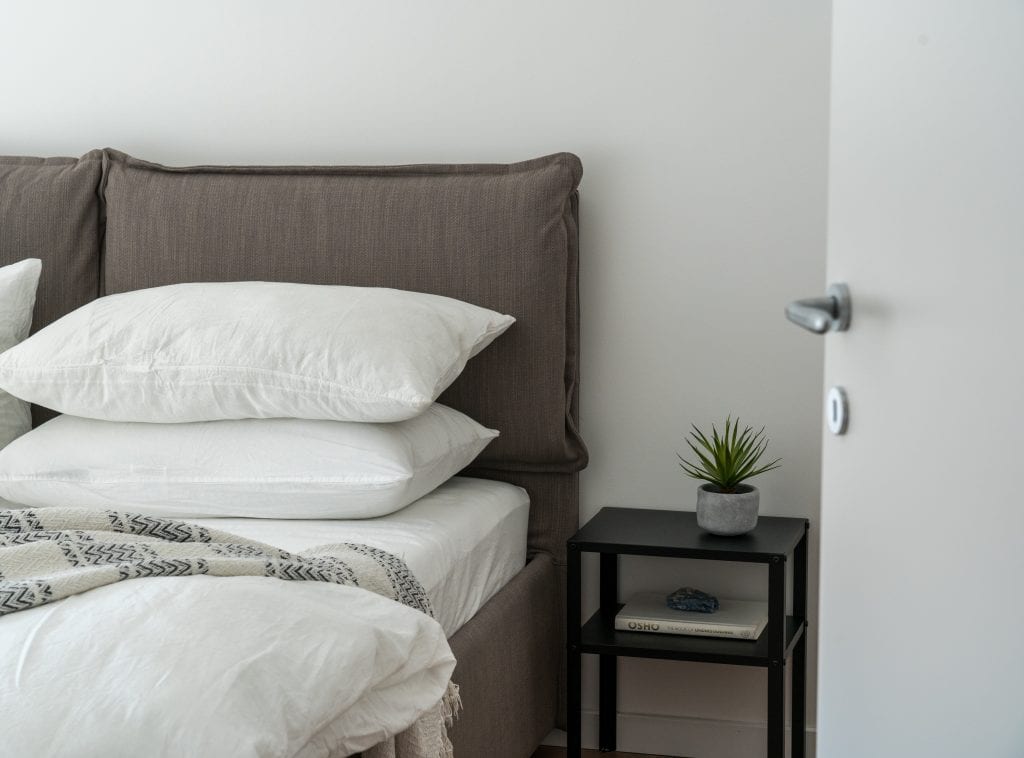
Managing depression can feel overwhelming. Depression can be like an annoying colleague that keeps popping up when you’d really rather it stayed away. Therefore, it’s no surprise that learning to manage depression long-term is an important part of recovery and rehabilitation.
You may find this article helpful if you are:
- Recovering from a mental health issue and seeking tips on how to better manage depression;
- Seeking ways to encourage a loved one in successfully managing their depression;
- Curious about how you can manage depression and prevent relapse.
Managing depression in eight simple strategies
If you are recovering from depressive episode, the thought of relapse can be terrifying. It is scary to think that you may slip into a depressive episode once again. Showing both gradual or sudden onset, depression is a diverse and complex mental health condition.
The good news is that managing depression is always possible! With some simple lifestyle changes and ongoing therapeutic support, you can keep depression at bay and reduce your chances of recurrence.
1. Manage your depression with psychiatrist-prescribed medication.
In good times and tough times, your medication is a powerful tool in alleviating symptoms and preventing a depressive episode. Unlike pain killers that you take when a headache strikes, most medications for depression are most effective when taken regularly.

Continue your medication even when you feel well.
Our Lead Psychiatrist Dr Anja Kriegeskotten reviews and prescribes any guest medications during their program at The Banyans. She says that the use of medication is to develop strong coping strategies and healthy behavioural patterns without the “brain fog” or intrusive thoughts that often come with a depressive episode.”
According to research, the main purpose of antidepressant medications is to help:
- people return to every day life, through managing symptoms of depression,
- prevent relapse of a depressive episode,
- treat and manage chronic depression (dysthymia).
Related: The Power of Medical Support in Recovery
Review your medication regularly with a treating Psychiatrist
Dr Anja highlights the importance of seeking support from a regular treating Psychiatrist, in addition to your general practitioner.
She explains that each medication works differently, and the process for continuing or ceasing the medication will vary. “Medications also have different periods of effectiveness – you may not be able to take a particular medication for a long time. The management and ongoing review of your medications is best done by a regular treating Psychiatrist.”

2. Seek ongoing therapeutic support from a local psychologist.
Life isn’t easy – we all know that! For those of us who experience depression, we may naturally show a greater sensitivity to the challenges of life. As such, we will likely benefit a lot from regular support and therapy with a trained professional.
Equip yourself with tools to counter signs and symptoms of depression
Registered psychologists are taught to recognise the early signs and symptoms of depression and can equip you with healthy strategies to counter them. This “nip it in the bud” approach can help you manage depression.
Identify your triggers and work on disempowering them
Similarly, prevention is better than cure. Regular therapy with a qualified psychologist can help you identify some of the contributing factors that trigger a depressive episode. Managing depression is easier when you are aware of your triggers and are intentional about disempowering them.
3. Be proactive, and manage depression with meditations, mindfulness and self-care.
For many people, pop culture has associated the term “self-care” with salt baths, facials and weekends away. Although these may be acts of self-care for some people, true acts of self-care are powerful tools for managing depression and promoting positive wellbeing.

Belinda Lewis is a certified Mindfulness Master, personal trainer and wellness coach at The Banyans. When talking about mindful strategies for managing depression, Belinda comments: “Depression is a mental health condition that shifts our perspective away from hope. Mindfulness and meditation are powerful tools to bring our attention back into the present moment and connect with what we know to be true: the things we can feel, smell, see, and hear.”
Mindfulness is a powerful tool to connect with what we know to be true: the things we can feel, smell, see and hear.
Ideas for healthy self-care
The true power of self-care is in allowing yourself to meet your own needs. Perhaps that is:
- a few minutes alone with a cup of tea,
- some time to journal or read,
- an early night or a morning working from home (or not at all!),
- quality time with a trusted loved one, or
- a yoga class.

4. You are what you eat: harness the power of nutrition in managing depression.
When we are busy, tired or unwell, good nutrition can be one of the first things to fall off the cart. We take shortcuts and easy options, often reaching for fast food or frozen meals instead of a nutrient rich diet.
Did you know that nutrition and diet is one of the most powerful tools in managing depression? With approximately 80% of our serotonin and dopamine (our happy hormones!) coming from our gut and energy stores, it’s obvious that eating poorly results in feeling poorly too.
Related: Food and Mood – The Link Between Nutrition and Depression
What are the best foods to help you manage depression?
According to Clinical Nutritionist Lisa Cutforth, we need a depression-free diet that is rich in protein and antioxidants. “Protein-rich foods help maintain a steady blood-sugar level, meaning you are less likely to experience emotional highs and lows. When eating regularly, protein-rich foods help keep you on an even keel.”
As for the antioxidants, Lisa explains that “antioxidants help fight free radicals in the body. These free radicals contribute to oxidative stress, something that has been linked to cell damage and diagnoses of depression and anxiety.”

Designing your depression-free diet
When you are managing depression, try to eat more:
- Fruits and vegetables, especially beetroot, berries, spinach and red cabbage,
- Sources of protein, like chicken, fish, yoghurt, seeds, nuts, and
- Unprocessed whole grains.
Related: New research correlates food and mood
Try to avoid:
- Processed and sugary treats, like bread, cakes, cereal and pasta,
- Saturated fat, especially things that are deep fried, and
- Animal fats or processed meat, like bacon.

5. Prevent symptoms and manage depression with a healthy sleep routine.
Whether we sleep less to get more done, or wake up throughout the night dwelling on unsolved problems, sleep often suffers as a result of a full and busy life. If we’re honest with ourselves, taking a nap is often an accident rather than an intentional wellbeing decision. But what one of the most powerful ways to manage depression was actually to sleep better?
When we are sleep deprived, we naturally become more emotionally sensitive. Thus, ensuring that we are prioritising a healthy sleep cycle when trying to manage depression and prevent relapse.
Related: Improve your mental health by sleeping better
We all need different amounts of sleep. However, extensive studies show that adults benefit most from seven to nine hours of sleep each night. When you regularly sacrifice your sleeping hours, you make it significantly more difficult to manage depression.

6. Lift some weights, and your endorphins.
What if your psychiatrist prescribed some heavy weights to help manage symptoms of depression? This might be on the cards, with a research study published in the General Journal for Psychiatry reporting that 80% of participants receiving treatment in a mental health clinic reported an improvement in general mood and anxiety following physical exercise.

Similarly, an article published by Harvard University boasts the efficacy of exercise on managing depression, saying that although it isn’t a stand-alone treatment, exercise can show similar improvements as antidepressants.
Related: Exercise alleviates symptoms of mental health
For most people, the long-term benefits of exercise come from regular, sustained exercise. Regular and consistent exercised promotes the production of biological proteins called growth factors. Growth factors help create new connections, habits and thought patterns. In addition, exercise has been shown to reduce inflammation in the areas of the brain responsible for mood and emotional regulation – helping you manage depression long-term.
Exercise has been shown to reduce inflammation in parts of the brain responsible for mood.
Tristan Botha, one of the personal trainers at The Banyans, encourages guests to work collaboratively with their health professionals to find exercises they enjoy. “Being consistent with exercise is the only path to results,” he says. “You will be consistent if you find exercises you like and begin to see results.”

7. The therapeutic nature of nature
Referred to as “nature healing”, being outdoors is an effective way to manage depression. Research across the world is supporting the therapeutic nature of nature, claiming physical and emotional benefits.
Although it’s not clear why nature can have such a powerful influence on our mood and physiology, some people suggest that the “slowness” of our natural environment may be a contributing factor.
Related: How nature can boost your mood
How long until it works?
According to neuroscience researchers, as little as 20 to 30 minutes can have noticeable impacts. According to Harvard University, best results are seen when you spend 20 to 30 minutes outdoors for a minimum of three times a week. Interestingly, this is the same for physical exercise. Perhaps you could tick off both at once and see your depression symptoms lighten immediately!

8. Monitor your own progress.
It’s normal to have a bad day, or the occasional period of feeling unmotivated. However, when these feelings don’t ease, you could be experiencing the early signs of a depressive episode.
Detecting the signs and symptoms of depression early can significantly help reduce our risk of relapse. No one knows you better than you do – you are the best person to monitor progress and notice changes.

Mindfulness Master Belinda Lewis recommends using mindfulness activities and journaling to notice your internal state. “In a busy life, it can be difficult to take time to notice what is happening within us. By making space to slow down and journal our internal thoughts, we can notice the changes before they become more difficult to manage.”












